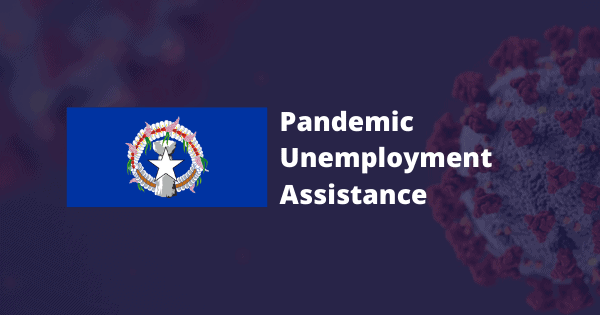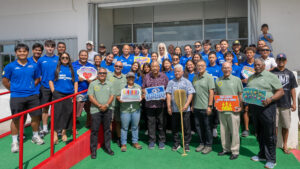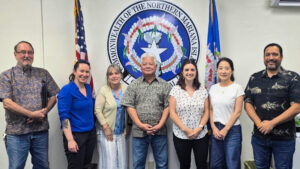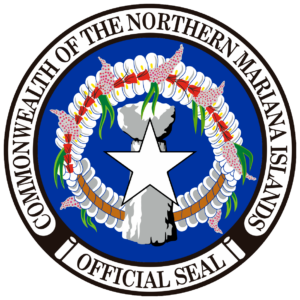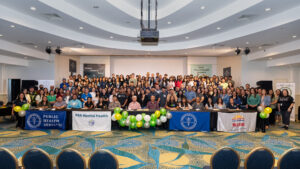Over the weekend, the CNMI Department of Labor (CNMI DOL) reiterated federal guidance from the US Department of Labor (USDOL) regarding the definition of a “Qualified Alien” and other eligibility guidance regarding the Pandemic Unemployment Assistance (PUA) and the Federal Pandemic Unemployment Compensation (FPUC) programs.
CNMI DOL reminds the general public that PUA and FPUC are programs created by the U.S. Congress under the Coronavirus Aid, Relief, and Economic Security (CARES) Act of 2020.
These federal programs are funded by the U.S. government and are regulated by the Public Responsibility and Work Opportunity Reconciliation Act of 1996 (PRWORA). The PRWORA provides that only “qualified aliens” are eligible to receive federal public benefits.
A “qualified alien” is defined as:
§ An alien who is lawfully admitted for permanent residence;
§ An alien who has been granted asylum;
§ A lawfully admitted refugee;
§ An alien paroled into the United States;
§ An alien whose deportation is being withheld under federal laws;
§ An alien who is granted conditional entry due to being the spouse or children of an alien lawfully admitted for permanent residence;
§ An alien who is a Cuban or Haitian entrant as defined in federal law regarding refugees; or
§ An alien who is a battered alien meeting the requirements of 8 U.S.C. § 1641(c).
A CNMI-Only Transitional Worker or CW-1 is a specific program that allows employers in the CNMI to apply for temporary permission to employ foreign, non-immigrant workers who would otherwise be ineligible to work under other nonimmigrant categories.
CNMI DOL reiterates that CW-1 workers are not eligible for PUA and FPUC under the federally funded programs of the CARES Act, as stated by USDOL.
CW-1 workers who may have mistakenly or purposely identified themselves as qualified aliens or U.S. eligible are now on the fraud list for investigation and are being or will be asked to pay back the amount received or be sanctioned following the identified CNMI protocols.
To report a potential overpayment case to the Benefit Payment Control Unit at the Department of Labor, the contact telephone numbers are (670)322-9943 or 322-9944 or email: bpc.cnmidol@gmail.com . After a thorough investigation and audit, the Benefit Payment Control Unit will process a Notice of Overpayment stating the total amount owed and the reason of determination.
Governor Ralph DLG. Torres, Secretary of Labor Vicky Benavente, and other CNMI leaders have expressed their support for CW eligibility, but unfortunately, US Congressman Gregorio Kilili C. Sablan recently reaffirmed USDOL’s ruling that CW workers are not eligible.
Over the last several months, the CNMI Government has continued to work with non-profit organizations to provide humanitarian relief for CW workers, as well as residents affected by the COVID-19 pandemic. The CNMI Government will continue to support non-profit work and humanitarian relief moving forward.
The CNMI Government is monitoring federal legislation in Washington, DC, which would enact a second stimulus check for residents in the CNMI. Updates on this will be provided by the Office of the Governor and the Department of Finance.
The CNMI Department of Labor continues its work in expediting the adjudication and disbursement of PUA and FPUC claims for eligible applicants. The department thanks the community’s patience and will provide updates on the progress of these claims.
# # #

